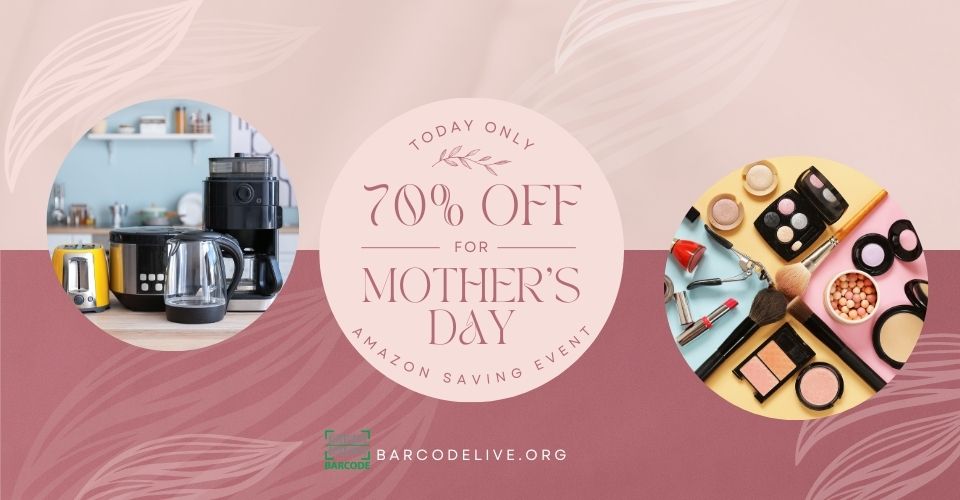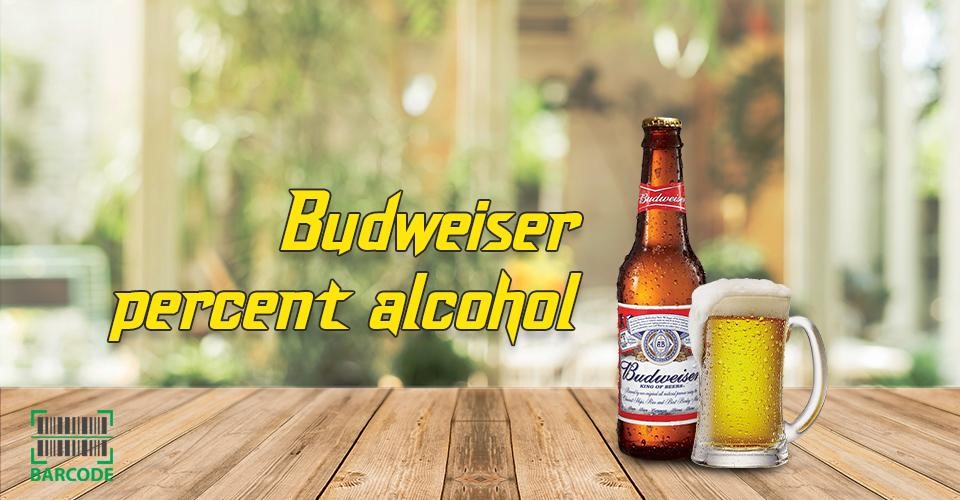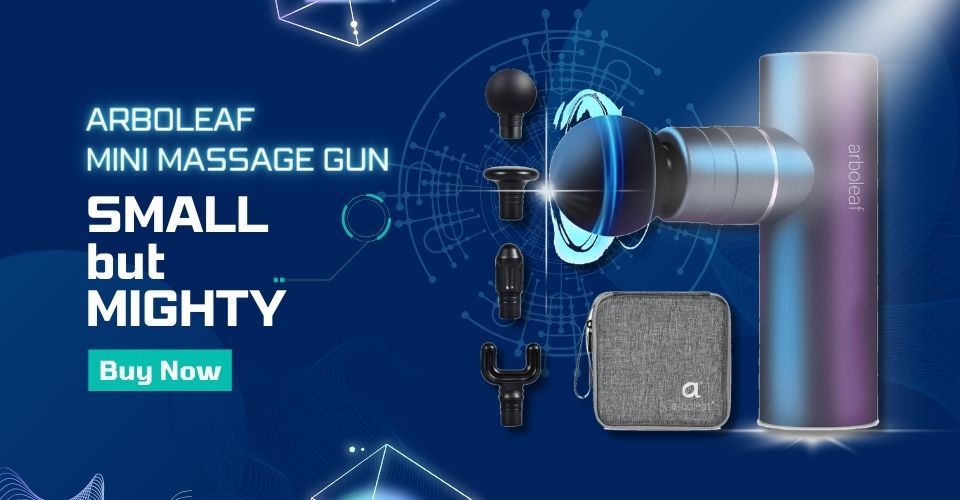
UPC – UNIVERSAL PRODUCT CODES
UPC consists of 12 numeric digits, which are uniquely assigned to each trade item. They are used in many countries to track trade items in stores, such as the United States, Canada, United Kingdom, Australia, New Zealand, etc.

EAN – INTERNATIONAL (EUROPEAN) ARTICLE NUMBER
EAN is a standard describing a barcode symbology and numbering system. It is often used in global trade to identify a specific retail product type, in a specific packaging configuration, from a specific manufacturer. The most commonly used EAN standard is the thirteen-digit EAN-13.

ISBN – INTERNATIONAL STANDARD BOOK NUMBER
ISBN is a unique numeric commerical book identifier, which is assigned to each edition and variation (except reprintings) of a book. Publishers purchase ISBNs from an affiliate of the International ISBN Agency.
BARCODE INTRODUCTION
A barcode is an optical, machine-readable, representation of data; the data usually describes something about the object that carries the barcode. Traditional barcodes systematically represented data by varying the widths and spacings of parallel lines, and may be referred to as linear or one-dimensional (1D). At that time, they were only scanned by special optical scanners called barcode readers.
Later, two-dimensional (2D) variations were developed using rectangles, dots, hexagons and other geometric patterns. They are also called matrix codes or 2D barcodes, although they do not use bars as such. Nowadays, specialized application software became available for devices that could read images, such as smartphones with in-built cameras.






![[Amazon Spring Sale 2024] One-Stop Shop for Spring Cleaning Supplies](https://barcodelive.org/filemanager/data-images/imgs/20240326/BIG%20Spring%20Sale4_Top%20Amazon%20Spring/big-spring-sale4-top-amazon-spring1.jpg)

![Blenders Pride Price In India [The Latest List]](https://barcodelive.org/filemanager/data-images/imgs/20230210/News_Blenders%20Pride%20Price%20In%20India.jpg)


![What Energy Drink Works The Best? 7 Strongest Drinks [Tested & Ranked]](https://barcodelive.org/filemanager/data-images/imgs/20230301/News_What%20Energy%20Drink%20Works%20The%20Best_1.jpg)





![Walmart Barcode Lookup in 7 EASY Steps [with Detailed Explanation]](https://barcodelive.org/filemanager/data-images/imgs/20230307/Blog_How%20To%20Do%20A%20Walmart%20Barcode%20Lookup_1.jpg)

![Red Bull vs Monster Energy: What Are The Key Differences? [UPDATED]](https://barcodelive.org/filemanager/data-images/imgs/20230301/News_Red%20Bull%20vs%20Monster%20Energy_1.jpg)








